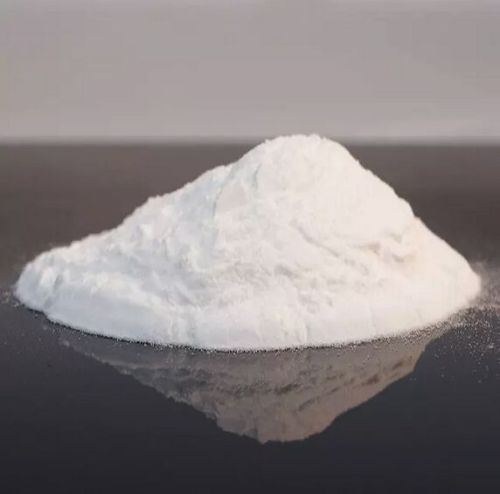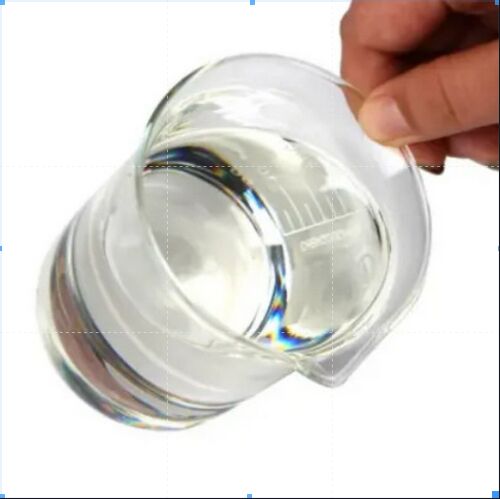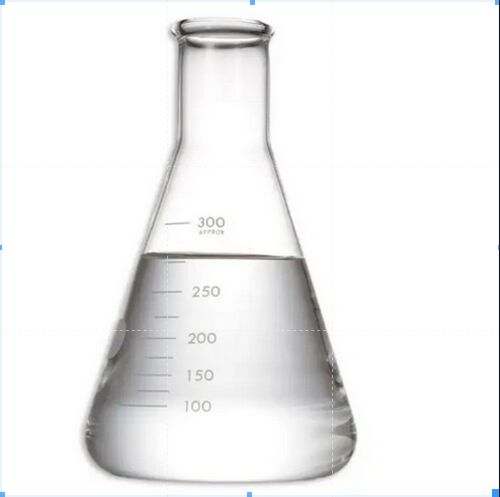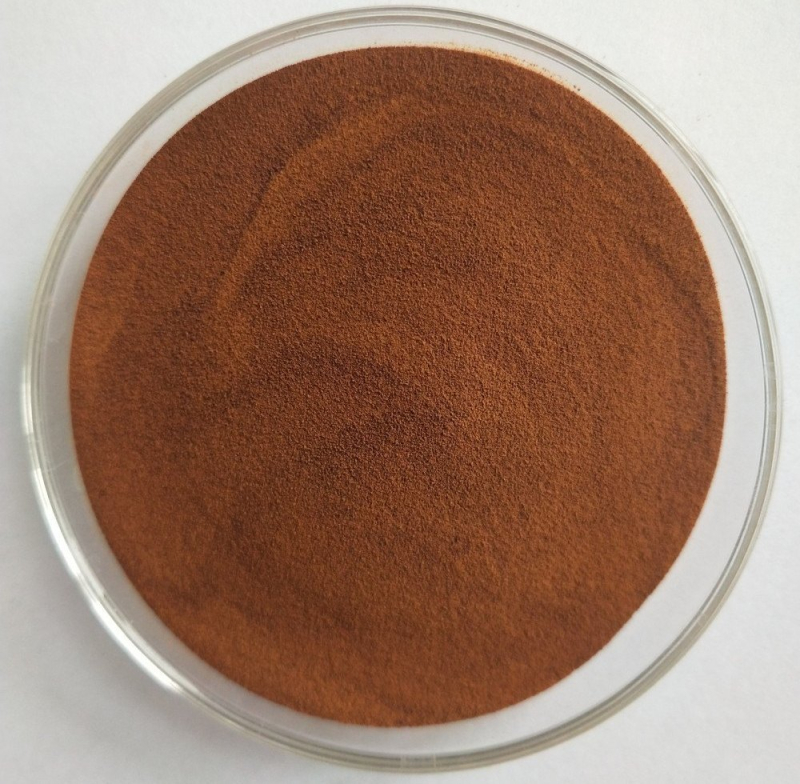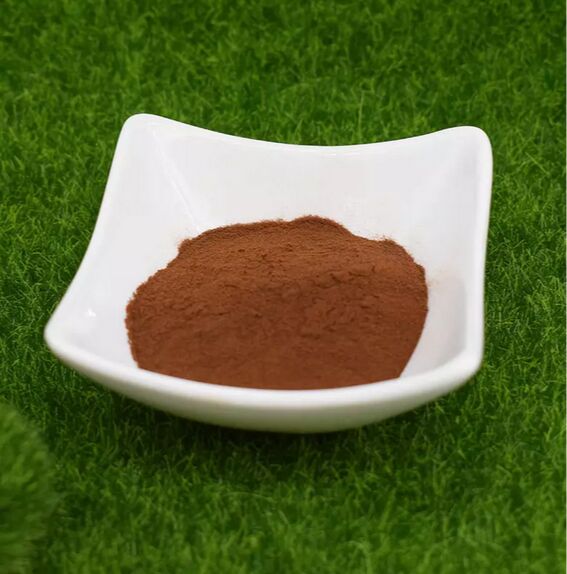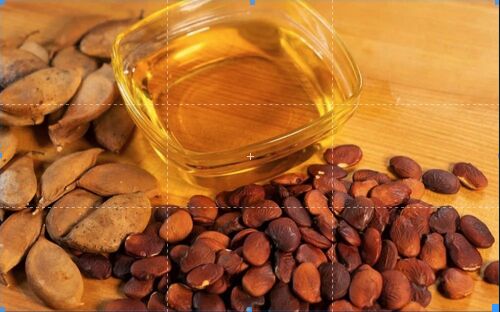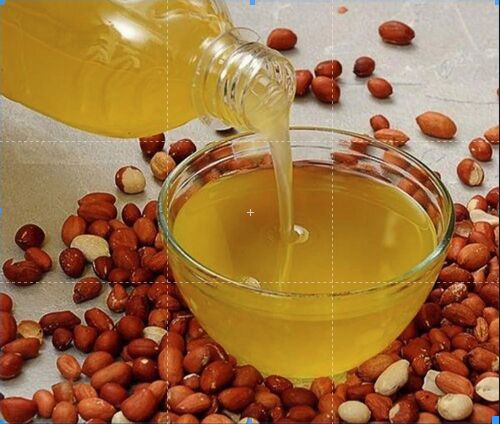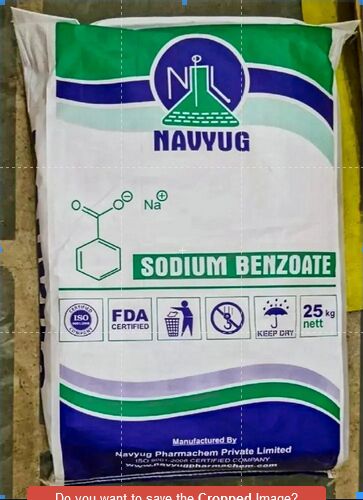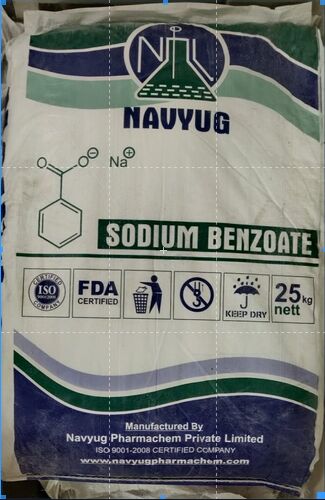Other Chemicals
Leading Manufacturers, Trader, Importer, Wholesaler and Distributor of Calcium Powder, Emulsifier 9.5 Mole/Nonyl Phenol Ethoxylate /Alphox 200, Fulvic Acid, karanja oils and Sodium Benzoate Powder from Belgaum.
| Business Type | Manufacturer, Trader, Importer |
| Country of Origin | India |
| Form | Powder |
| Usage/Application | Agriculture |
| Material | Micronutrients |
Calcium Spray Dried Powder. Available with us is an impeccable gamut of Calcium.
| Business Type | Manufacturer, Trader, Importer |
| Country of Origin | India |
| Appearance | White Transparent |
| Type | Liquid |
| Brand Name | Emulsifier 9.5 Mole/Nonyl Phenol Ethoxylate /Alphox 200 |
| Purity | 100% |
| Packaging Type | 50kgs and 250 kgs |
| Payment Terms | Other |
| Packaging Details | 250 kgs barrel |
Emulsifier 9.5 Mole/Nonyl Phenol Ethoxylate /Alphox 200
Alphox 200 is suitable for a broad spectrum of applications, from household cleaning to industrial processes. It's a versatile solution for your diverse needs. Boost the cleaning power of your detergents and cleaning solutions. Alphox 200 effectively removes dirt, stains, and grease, leaving surfaces spotless.
| Business Type | Manufacturer, Trader, Importer |
| State | Powder |
| EINECS No. | 215-809-6 |
| CAS No. | 479-66-3 |
| Country of Origin | India |
| K2O | 10% |
| Fulvic Acid | 45% |
| Water Solubility | 99%min |
Potassium Fulvate
| Business Type | Manufacturer, Trader, Importer |
| Country of Origin | India |
| Type | Oilseed Extraction Plant |
| Application | Oilseed Extraction |
| Color | Brown |
| Condition | New |
| Automatic Grade | Automatic |
| Payment Terms | Other |
Karanja Oils
Karanja Oil It is known for its medicinal and antiseptic properties for centuries in its naive India.
| Business Type | Manufacturer, Trader, Importer |
| Country of Origin | India |
| Type | Solid |
| Application | Industrial |
| Form | Powder |
| Packaging Type | 25 KGS |
| Purity % | 100% |
| Brand Name | NAVYUG |
| Payment Terms | Other |
Sodium Benzoate Powder
Sodium benzoate powder has many uses, including as a preservative in food, a treatment for urea cycle disorders, and a fragrance:
- Treatment for urea cycle disorders:Sodium benzoate binds to amino acids, which helps decrease ammonia levels and excrete the amino acids.
- Fragrance:Sodium benzoate is also used as a fragrance.
- Corrosion inhibitor:Sodium benzoate can also be used as a corrosion inhibitor.
- Fireworks:Sodium benzoate is used as a fuel in whistle mix, a powder that makes a whistling sound when ignited.
- Cosmetics:Sodium benzoate is used in cosmetics like sunscreen, moisturizers, creams, and serums.
- Medicine:Sodium benzoate is used as a preservative in some medicines.

